Pika enthusiasts unite under a common theme
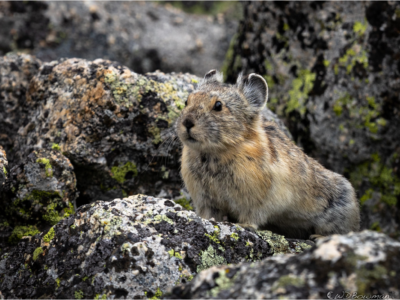
At the Niwot Ridge LTER, community scientists expand the reach of pika research initiatives to understand how pikas might respond to climate change.

At the Niwot Ridge LTER, community scientists expand the reach of pika research initiatives to understand how pikas might respond to climate change.
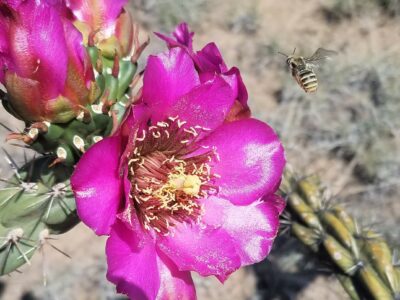
Life in the Chihuahuan Desert endures amid extremes, so the desert’s inhabitants make the most of brief moments to sustain biodiversity.
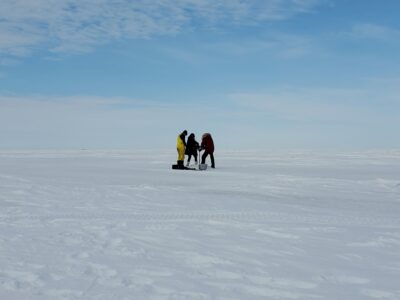
In Arctic lagoons, life persists through cold and dark winters, but few people are able to study and understand the bizarre life under sea ice. With chemical biomarkers and insight from local communities, food web ecologists are beginning to uncover how these organisms thrive in the harsh winter, and how they will continue to survive in the ever changing Arctic climate.
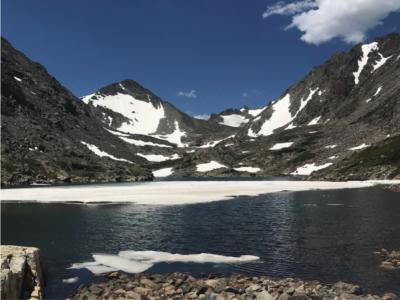
Long-term research at the Niwot Ridge LTER reveals alpine lakes are seeing longer ice-free periods in the summer, a consequence of a changing climate.
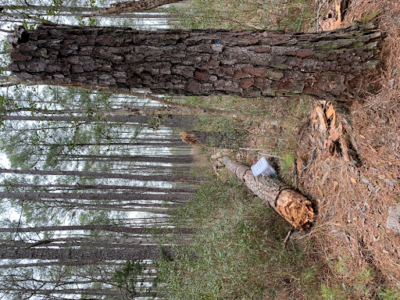
Spend a day in the field with Virginia Coast Reserve researchers as they investigate ghost forests formed by sea level rise.

We are excited to announce our 2021 cohort of LTER grad student science writers. We received a high number of impressive applications, and after much deliberation we are happy to introduce seven students who represent sites from across the network and who bring unique backgrounds, experiences, and talents to the team. Over the next year… Read more »
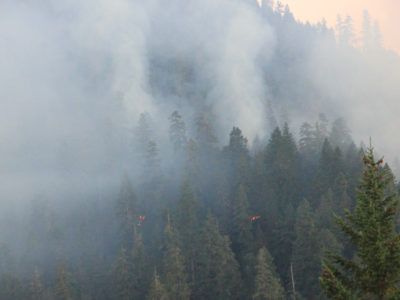
By Natasha Griffin, PhD candidate at Oregon State University The staff of the H.J. Andrews Experimental Forest LTER site had almost no time to prepare when a massive wildfire swept through the region in early September. Stoked by dry late-summer conditions and extreme high winds, Oregon’s Holiday Farm fire began spreading rapidly as soon as… Read more »
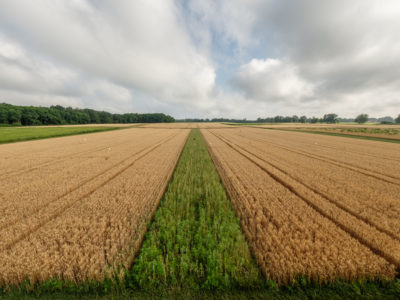
In agricultural landscapes, predatory insects provide an essential ecosystem service — valued at billions of dollars annually — by suppressing pests that damage crops. A new study that includes data from Kellogg Biological Station LTER (KBS LTER) found that natural pest suppression gains a big boost when agricultural landscapes are patchy and include a high… Read more »
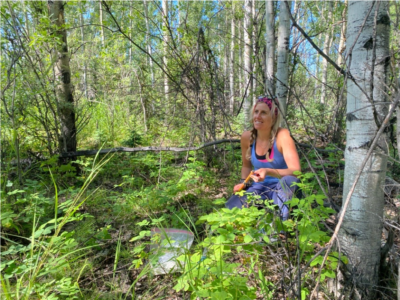
By Haley Dunleavy, PhD Candidate at Northern Arizona University Leaving my house, I feel like a runaway. I am packed inside an economy-sized rental car with my field clothes, camping gear, and of course, face masks, heading 300 miles north to meet my advisor Michelle Mack and fellow lab members for a couple days of… Read more »